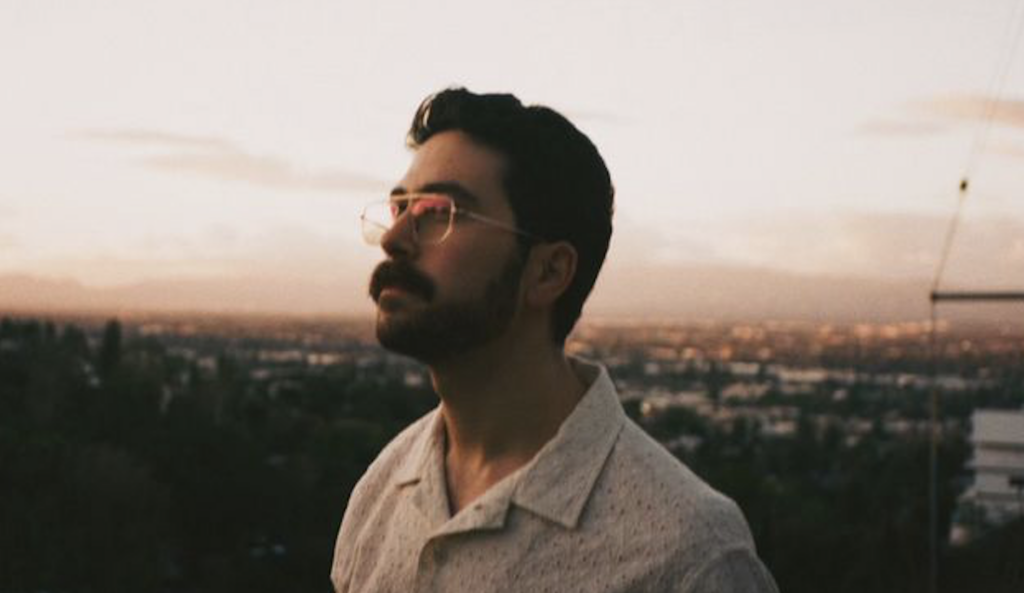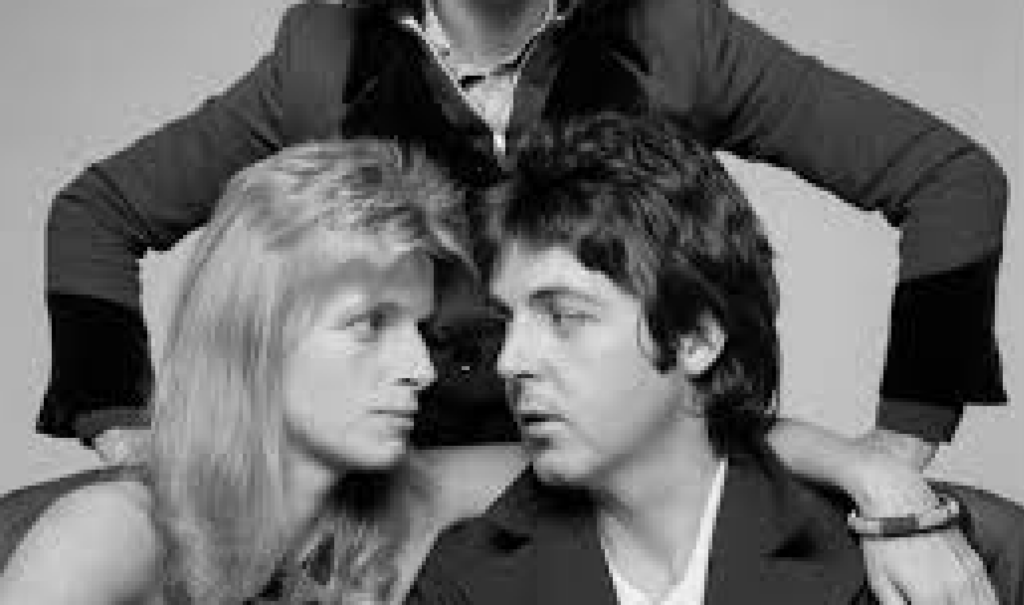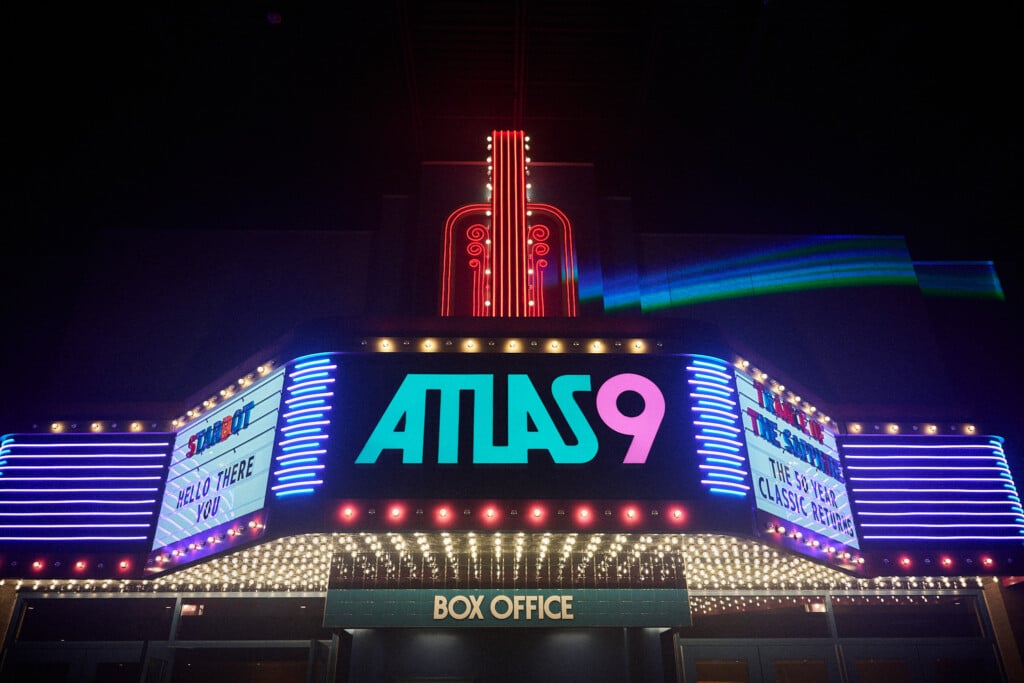Gillian Flynn stays true to herself with Gone Girl, her first screenplay

Gillian Flynn is a Kansas City native who pronounces her home state’s name Missourah. Her mother taught reading, and her father was a film instructor at Penn Valley Community College, so her career trajectory — Entertainment Weekly reporter turned best-selling novelist — doesn’t seem like a stretch. And now she’s coming to movie screens, having written the screenplay for David Fincher’s adaptation of her most recent book, the megahit Gone Girl. The Oscar-nominated director shot it in Missouri, and Flynn spent time with the production. (An adaptation of her novel Dark Places is due out next year.)
The movie stars Ben Affleck as former journalist Nick Dunne, who finds himself a murder suspect after his wife, Amy (Rosamund Pike), disappears on their fifth wedding anniversary. It debuted last week at the New York Film Festival, with the author in attendance alongside Fincher (The Social Network, Seven), and opens Friday in Kansas City. Flynn, who lives in Chicago with her husband and son, spoke with The Pitch by phone from New York.
The Pitch: All three of your novels are set in Missouri and Kansas. Why do you think this part of the country is also suited for crime fiction?
Flynn: For me, part of it was “write what you know.” It was the area where I grew up. But I also think it’s really underrepresented in literature and film. You know New York. You know Chicago. You know L.A. To me, it was a place that I could have fun in and roam around in.
Unless you’re from the Midwest, a lot of people don’t know that. If you’re from the Midwest, you can play more with your imagination and take people on a more gothic version of Midwest, and they don’t have a preset idea of what it’s supposed to be like. So they more easily follow you there to the invented version of it. For me, it allows a lot more room to play.
The novel tells the story by alternating Nick Dunne and Amy Dunne’s subjective accounts. How do you make a screenplay out of that?
You still keep true to that spirit. I think when you see the movie, you’ll see it’s not a movie that makes it obvious that there’s anyone to root for. You really have a sense that something’s definitely wrong, with the kind of cognitive dissonance that flows through the film from the very first scene.
While Nick and Amy’s relationship is unusually problematic, there is something universal about the fact that we never really know how much we can trust our partners.
That was my whole idea for writing the book: that idea that you have a mystery that can’t be solved without solving the marriage. You’re going to have to peel back layers and layers to see if there’s anything there. You have two people who have presented certain personas to each other. Four years into the relationship, those start to shift. You do have to start wondering how easy it is to pretend to be somebody that you’re not, and that we all do that to a certain extent.
How much do you think your 10 years writing for Entertainment Weekly affected the content of the book and the film?
As far as the pure writing of it, I don’t think either the book or the film would have been as good without my background as a journalist. As a journalist, you learn the discipline of having to write even when you don’t want to write, which is how you get a novel finished. You don’t wait for the muse to come. You just write. And if you’ve got a problem, you just solve it. That’s definitely from my training as a journalist.
In translating Gone Girl from a book to a film, I really relied on that old journalist’s maxim “Kill your darlings”: that idea that not everything’s going to make it in. As a journalist, you have to learn how to make the written word do quite a bit in a prescribed amount of space. That’s the same case as the discipline with writing a screenplay. One page equals one minute of film, so you have to make every page do double or triple or quadruple duty.
[page]
Anymore, you have Louisiana passing for every nonurban part of the United States. What was it like to have the film shot around the Cape Girardeau area, where the novel is actually set?
To me, that was so important. When David told me he was going to film on location in Missouri, I was incredibly relieved because I don’t think you could fake it. I had sent him a bunch of photos of a trip that I had taken when I was writing Gone Girl and these little Mississippi River towns, to give him an idea of what I had had in mind. And when he kept sending me these photos from around Cape Girardeau, I said, “That is perfect!”
You and Fincher are working on a cable series titled Utopia. It’s a good working relationship, then?
I think we have similar dark sensibilities. I think we are both similarly giant fans of the movies. We love movies and TV and what you can do in the space, how you can tell stories. We’re both perfectionists. We both like to work until we get it right. And we really enjoy it. We both like the process of that. It never feels like, “Oh, God, I have to go back and do this rewrite.” It’s, “I get to go back and do this rewrite and make it even better.”
You spent some time with the production?
I was just visiting mostly as a tourist and enjoying myself. But I was in rehearsals with the actors for the entire month. I had a blast. I got to hear them take on their roles and make the script theirs, fine-tune it and tailor it to them, so that certain lines and certain attributes that they were bringing were informing the script, too. Then afterwards, I got to make all these tiny choices that I think really had some big echoes in the script. David Fincher … likes writers. He was incredibly gracious with me about keeping me in the loop with every aspect of this film. So I really felt my fingerprints were on a lot of the film in a way that a lot of the writers and screenwriters don’t get to have.
Is there an article you wrote while you were with Entertainment Weekly that you’d like to have someone reread now because all of your work for them is at ew.com?
I wrote a piece on Jackass: The Movie that I think reflects how much fun I had hanging out with those guys for a weekend. And I think [I’d pick] my stuff on The Lord of the Rings because I was such a J.R.R. Tolkien geek, and I got to go down to New Zealand for that.
What do you think the film says about the media and what it should be doing?
I wrote it not to take down the media or to criticize the media but to use the media as a third player in this marriage. Amy is spinning her own story, and Nick is spinning his own story of what’s going on. On top of that, the media is projecting its own story about two people it doesn’t even know with these visuals of camera footage of them walking to the car, or something like that, with their own narrative of a new guy being the bad guy.
So to me, it’s about that quick rush to judgment that really starts to follow Nick. He’s neither a good nor a bad guy. That’s kind of the whole point. There’s definitely not a hero character. I’ve always said it’s not about whether a character was likable. It’s whether they were interesting. I never read a book because I’m hoping to change my life. There are other people I look to as heroes in the real world. I read books to learn more about the human condition and to learn about people who are interesting but not very different from me.




